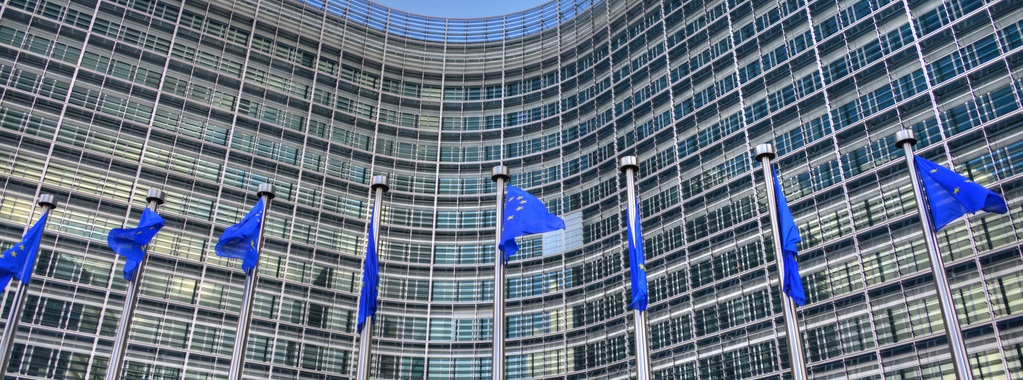Commission must now transform words into action, say agencies
12 April 2017: The European Commission’s new policy guidelines launched today, which provide concrete actions to protect all migrant and refugee children arriving in Europe, have been broadly welcomed by child rights organisations.
The measures – which address the gaps that have let many children to fall through the cracks, or left them at risk of abuse and exploitation – focus on all children, whether they are migrants or refugees, arriving with their families or on their own. These include providing access to safe reception facilities, services like education and health care, and finding long-term solutions that are in the best interest of the child.
This framework had been largely missing from EU policy decisions since the migrant and refugee crisis escalated in 2015.
Agencies are now calling on the EU to transform their words into action to ensure that children – who made up 30 per cent of all asylum applications in Europe in 2015 and 2016 – do not fall prey to abuse or exploitation upon their arrival in Europe.
Ester Asin, Director of Save the Children’s Brussels office said: “Through our work on the ground, we see the terrible conditions migrant and refugee children face when they arrive in Europe. The lack of proper reception facilities often pushes children into the hands of people smugglers and traffickers. On the Greek islands – where thousands of children have been held in detention-like conditions since the implementation of the EU-Turkey deal over a year ago – we have seen a rise in self-harm, substance abuse, anxiety and depression among children. This communication promises there will be much-needed investment to hire and train staff dedicated to child protection. We urge the EU to ensure this has an immediate impact on the children who are stuck in limbo and losing hope for their futures.”
Delphine Moralis, Secretary General at Missing Children Europe, said: “Over 10,000 children went missing after reaching Europe last year due to inadequate protection. We have little knowledge of what happens to them, why they go missing, and what risks they are exposed to. But we do know that many of them are traumatised and desperate to reach family members living in Europe, find safety and go to school. A European guardianship network, better data collection, better training and more cooperation between member states would help ensure fewer children disappear under the radar. Migrant children should not be treated differently to children from host countries. We hope that the EU and member states will ensure they receive equal protection.”
Ignacio Packer, Secretary General of Terre des Hommes, said: “While unaccompanied children have special needs that must be met, we often forget that children travelling with their families also need support and protection. We are very pleased the EU is finally addressing the needs of all vulnerable children given the current political climate, and believe these proposals can have a real impact on children’s lives. We look forward to seeing this communication transformed into action and outcomes on the ground, and are ready to support EU member states in taking these measures forward to ensure the lives of children are improved.”
Michele LeVoy, Director of the Platform for International Cooperation on Undocumented Migrants (PICUM) said: “Migrant children have too often not been treated, first and foremost, as children. We welcome the fact that the communication addresses undocumented children’s rights in a comprehensive way – including undocumented children who are arriving with their families. However, children should never be detained, not even as a last resort. We look forward to working together with the EU to develop alternatives to detention, to ensure these promising commitments become a reality for children.”
Elona Bokshi, Senior Policy and Project officer at European Council of Refugees and Exiles, said: “Civil society is calling for stronger EU rules on the collection of data to foster debates based on solid evidence rather than assumptions. This applies to all key areas of the Common European Asylum System, such as detention and the Dublin system. But it is encouraging that the Commission is already taking a step in that direction.”

